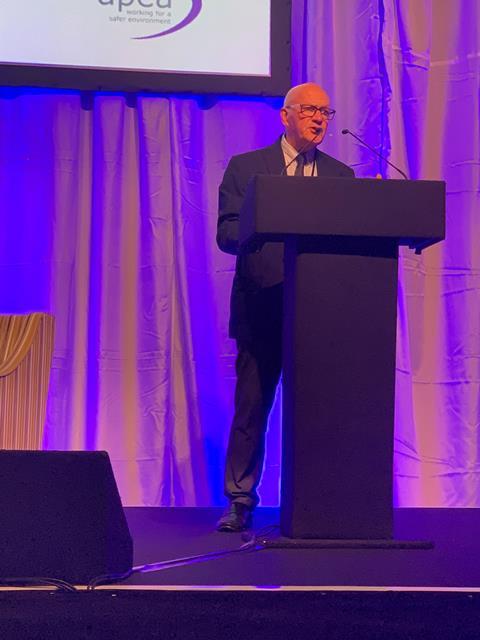
The Association for Petrol and Explosives Administration (APEA) has expressed concerns to the Health and Safety Executive (HSE) about a loophole in current legislation that could lead to petrol stations installing electric vehicle (EV) chargepoints in potentially dangerous locations.
Delegates at the APEA Live conference last week, were told that forecourt operators are under no obligation to inform authorities that they have introduced electric vehicle (EV) charging.
It is only once petrol enforcement teams visit the site – which might be as irregular as once every three years for businesses with a good track record – that the potential dangers are uncovered. Only at this point willl operators be asked to rectify the situation, said Jamie Thompson, chairman of the APEA technical committee.
“A prohibition notice will be ordered so that all the work carried out is to no extent,” he said. “The existing law does not recognise the installation of electric chargers as a material change to a petrol station, which is a shame, as normally if a petroleum officer were informed they could look at whether an installation is suitable.
“This is proving a possible danger to the public and certainly incurring extra cost to industry. If you are putting all this equipment in and then told you cannot use it, it is crazy, and so I would urge everybody to be a little bit more aware of this.”
At a time that the government is putting pressure on drivers to switch to electric vehicles, APEA has explained the problem to the HSE and is asking for change.
Thompson also urged operators to be cautious of EV charging companies giving incorrect risk assessments on whether it is safe to install the equipment in certain parts of their site. One problem is that sometimes they do not take into account temporary hazards such as petrol tankers being too close to the chargepoints, the cable, or car being charged.
Another problem included no isolator unit being introduced on the forecourt or inside the shop for fire services to turn off the equipment in the event of an accident.
The warning was given as APEA launches its fifth and latest version of its Blue Book industry guide. The publication has a greater focus on EV charging which has gained momentum in the sector since the Blue Book 4 was published five years ago. Other issues which have seen significant updating include containment, drainage, and leak detection.
Pointing to an incident in Surrey in which a former Asda forecourt caused a major leak incident that led to locals not being able to drink tap water, he said APEA is aware of sites turning off leak detection alarms, or putting the equipment in a bucket of water to stop the annoying noise while ignoring the warning.
“It is up to the petroleum enforcing body to make sure they visit these sites and check these sort of things, and also operators need a system in place where they can check these sort of things,” said Jamie.
“It [detector equipment] must not be just left to work, it must be maintained and is the responsibility of the operator to have a programme in place to ensure public safety at these sites”, he added.




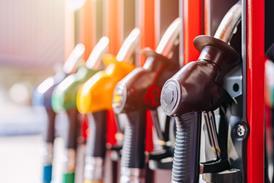








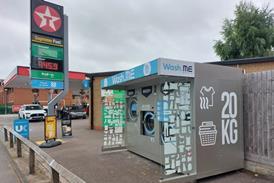

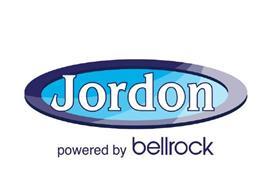






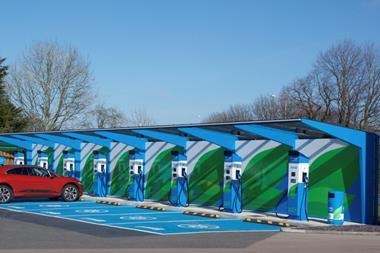
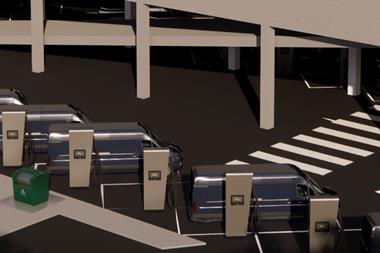
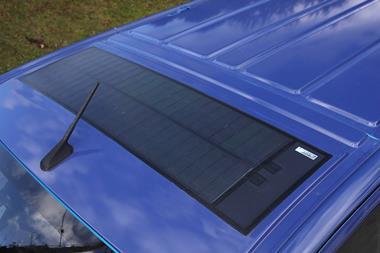

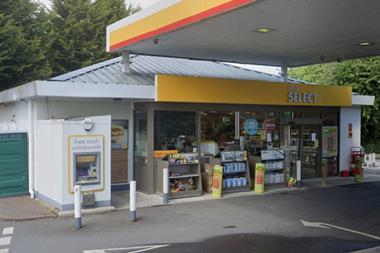

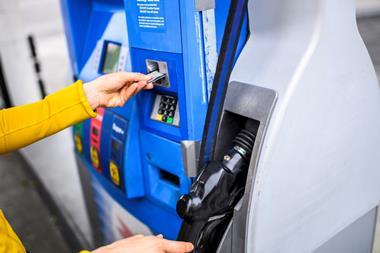

![IMG_3924[72]](https://d1haa5elnw3u00.cloudfront.net/Pictures/380x253/9/6/9/341969_img_392472_913492.jpg)
